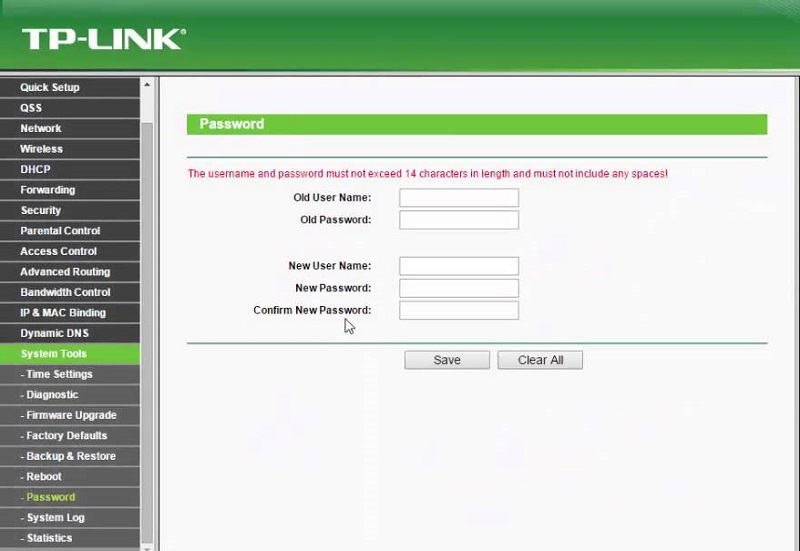In the realm of digital education, the ability to collaborate effectively online has become crucial. With the right strategies, online peer collaboration can transform learning experiences, fostering a sense of community among students. 
Making Collaborative Strategies Essential
Engaging in online peer collaboration allows learners to contribute their unique perspectives and skills, leading to richer discussions and enhanced learning. This active participation cultivates a collaborative spirit that is vital in today’s interconnected world, making it imperative to develop effective strategies for managing these interactions.
Understanding the Role of Collaboration
Collaborative efforts in a digital environment not only empower students to share their knowledge but also promote critical thinking and problem-solving skills as they navigate diverse ideas. These strategies encourage accountability and reflection among peers, creating dynamic interactions that greatly enhance the educational process.
Optimal Times for Engaging in Collaboration
During project-based learning or interactive assignments, engaging in peer collaborations can be particularly effective. Regularly scheduled group discussions or brainstorming sessions can significantly enhance the learning experience, making the timing of these collaborations crucial for maximum impact.
Advantages of Collaborative Learning Strategies
Participating in online peer collaboration leads to greater retention of knowledge as students actively engage with the material. Additionally, these collaborations can build essential soft skills such as communication and teamwork, which are increasingly important in both academic and professional settings.
Frequently Asked Questions about Online Peer Collaboration
- What platforms are best for online peer collaboration? Popular platforms include Google Docs, Slack, and Microsoft Teams, which facilitate real-time collaboration and communication.
- How can I encourage participation in my online group? Setting clear guidelines, assigning roles, and making discussions relevant to all participants can significantly boost engagement.
- Is online collaboration effective for all subjects? Though it might vary by subject, most disciplines benefit from collaborative efforts, especially those involving critical thinking and creativity.
- How do I assess contributions during group work? Implementing peer evaluations and self-assessments can provide a comprehensive view of each participant’s contribution.
Successful Strategies for Online Peer Collaboration in Digital Education
The ultimate goal is to create inclusive learning environments that nurture diverse expressions and reflections among students. Personally, I have engaged in various online collaborative projects where students worked together using shared documents and discussion boards. This allowed for real-time editing and feedback, creating a dynamic learning environment. 
During these experiences, I witnessed firsthand how students thrived in a collaborative setting. The ability to bounce ideas off one another led to innovative solutions and a deeper understanding of the subject matter, demonstrating the effectiveness of these strategies in enhancing educational experiences.
Final Thoughts on Successful Strategies for Online Peer Collaboration in Digital Education
Adopting effective strategies for online peer collaboration can significantly enhance the learning experience in digital education. By fostering communication, accountability, and critical thinking, students can cultivate valuable skills necessary for their academic and professional futures. Embracing these collaborative techniques not only aligns education with current technological trends but also prepares learners for a collaborative, globalized world.
If you are searching about Working Together: Collaboration Is Key – IT Peer Network you’ve visit to the right place. We have 8 Images about Working Together: Collaboration Is Key – IT Peer Network like El aprendizaje cooperativo: qué es, ejemplos, técnicas y roles | AFOE, Organizational Learning and Collaborative Structures | Getting Smart and also Using Google Docs For Collaborative Work Youtube – Free Word Template. Here you go:
Working Together: Collaboration Is Key – IT Peer Network

itpeernetwork.intel.com
collaboration
El Aprendizaje Cooperativo: Qué Es, Ejemplos, Técnicas Y Roles | AFOE

www.afoe.org
Building Better Teams For Project-Based Work

www.gettingsmart.com
project work teams school based better building students team student working learning elementary making share grade
Using Google Docs For Collaborative Work Youtube – Free Word Template

docs.cholonautas.edu.pe
Hidden Sparks | Encourage Collaboration: Peer Coaching Program

www.hiddensparks.org
Organizational Learning And Collaborative Structures | Getting Smart

www.gettingsmart.com
The Importance Of Peer-Collaborative Teacher Development Programmes

www.cambridge.org
Digital Peer Training – UQualio

uqualio.com
Organizational learning and collaborative structures. Working together: collaboration is key. Using google docs for collaborative work youtube


/71sJv2wLCfL._SL1500_-5804ea5d5f9b5805c2b24906.jpg)
